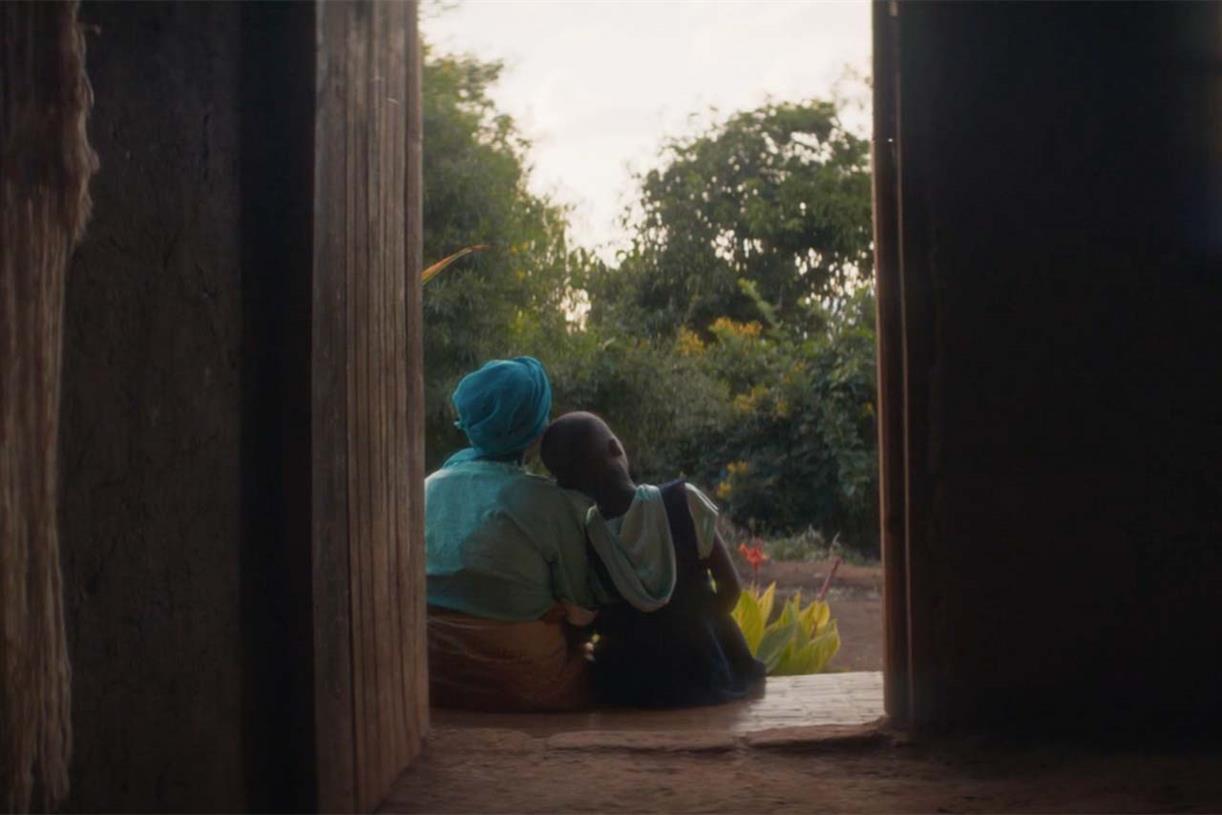Pick of the Day: “The Return of Tanya Tucker – Featuring Brandi Carlile”
“Delta Dawn, what’s that flower you have on / Could it be a faded rose from days gone by?” asks country music legend Tanya Tucker in her 1972 debut hit, “Delta Dawn.” The chart-topping single kickstarted a prolific career...
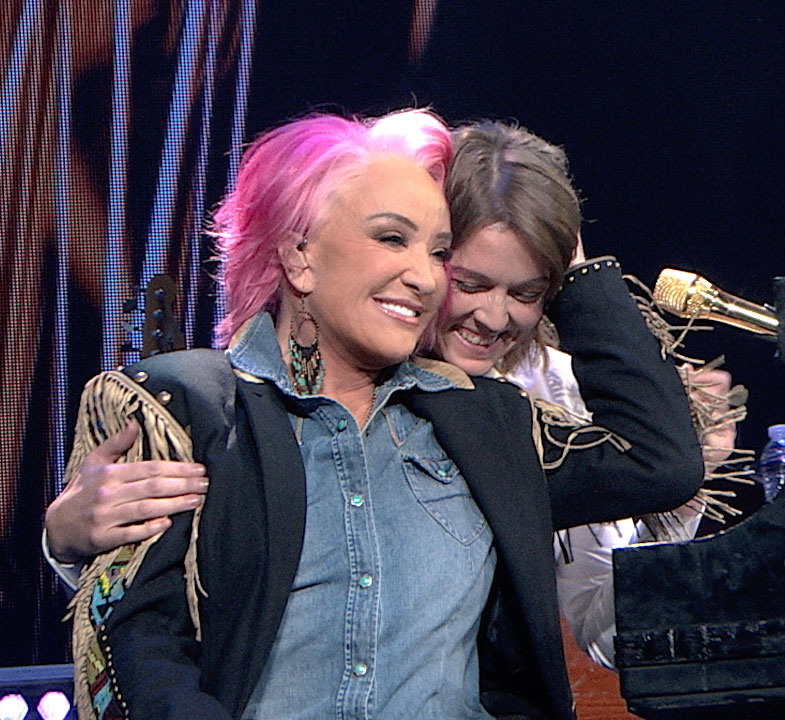

Pick of the Day: “The Return of Tanya Tucker – Featuring Brandi Carlile”
"The Return of Tanya Tucker — Featuring Brandi Carlile"“Delta Dawn, what’s that flower you have on / Could it be a faded rose from days gone by?” asks country music legend Tanya Tucker in her 1972 debut hit, “Delta Dawn.” The chart-topping single kickstarted a prolific career that would span decades, with 25 studio albums, dozens of music award nominations, and a long-overdue Grammy victory for her 2019 comeback album “While I’m Livin’” and single “Bring My Flowers Now.”
Listening to the single, you’d never guess that the commanding, soulful voice narrating the woes of a jilted, middle-aged Southern belle belonged to a 13-year-old girl hailing from Wilcox, Arizona. Did that 13-year-old girl know that “Delta Dawn” would catapult her into stardom, land her multi-million dollar record deals, 50 years in the industry, and steep her in years of inescapable public scrutiny of her private life? What caused the brazen country legend who defied gender expectations to retreat from the scene for 17 years? And what – or who – convinced her to finally reemerge from her hiatus?
Kathlyn Horan’s SXSW Audience Award winner “The Return of Tanya Tucker – Featuring Brandi Carlile” provides answers to these questions as she chronicles the long-awaited comeback of the Outlaw country star who paved the way for so many women in country – one such beneficiary is singer, songwriter, and producer Brandi Carlile, who is living proof of Tucker’s perennial influence. Interspersed with archival footage of Tucker’s life and career, Horan’s doc gives viewers an intimate look at Tucker’s return to the studio and stage, recording and performing her first album of original music in nearly two decades.
“I wanted to take country music to a new level,” Tucker reflects in the doc. “And these people didn’t know how to do it and it kinda bit me in the you-know-what.” She added, “I wanted to be a singing entertainer.”
“The Return of Tanya Tucker” sees Tucker overcoming not only external but internal obstacles as she prepares for her musical homecoming, with the compassionate support of the new generation of country artists. “I think what’s honestly cool about this film is that we get to see [Tanya] do these things that were uncomfortable for [her], pushing through [her] fears, being vulnerable,” Horan has said. “A lot of people these days won’t allow that kind of stuff to be on camera.”
The film documents the creative synergy and budding friendship between Tucker and Carlile, who produced the comeback album with Shooter Jennings. The producing duo had a singular goal: to remind the world of what Carlile describes as Tucker’s “potent and influential” impact on the country music ecosystem, a legacy that has largely been forgotten. With the comeback album, Carlile wanted to give Tucker her due credit, as the likes of Dolly Parton and Johnny Cash were given. “Tanya’s voice is in all of us that sing country music,” the “You and Me On the Rock” singer says in the doc, revealing also that she has been a fan since she was eight. “It’s time for us to do an about face and recognize that.”
Throughout the doc we see Carlile, who had won several Grammy awards herself, paying homage to the impact the Outlaw country singer made on the genre and more importantly, her. One moment sees Carlile buckling upon hearing Tucker sing, in the flesh, for the very first time – an enviable experience because, after all, how many of us get to meet, let alone work with, our personal heroes?
Horan’s doc shows that creative influence is more than just the passing of a baton from one era to another; it involves the intergenerational collaboration that mutually reinforces and inspires. We witness how Tucker openly receives the modern perspective Carlile offers, such as changing the pronouns in some of her lyrics from “he” to “she,” and how Carlile frequently cites Tucker as the blueprint for so many sounds and techniques of the country music genre. We witness how both artists encourage one another and nourish each other’s strengths to create the album that would earn Tucker her first Grammy win.
Tucker’s proverbial “faded rose” is not so much an artifact of bygone glory but a symbol of her ongoing legacy, growing more rich and more resplendent with time as she continues to touch listeners and artists with her inimitable voice and fearless storytelling. The icon herself puts it best, “I’m Tanya Fucking Tucker.”
“The Return of Tanya Tucker – Featuring Brandi Carlile” opens in New York and LA tomorrow, October 21.

 Hollif
Hollif 







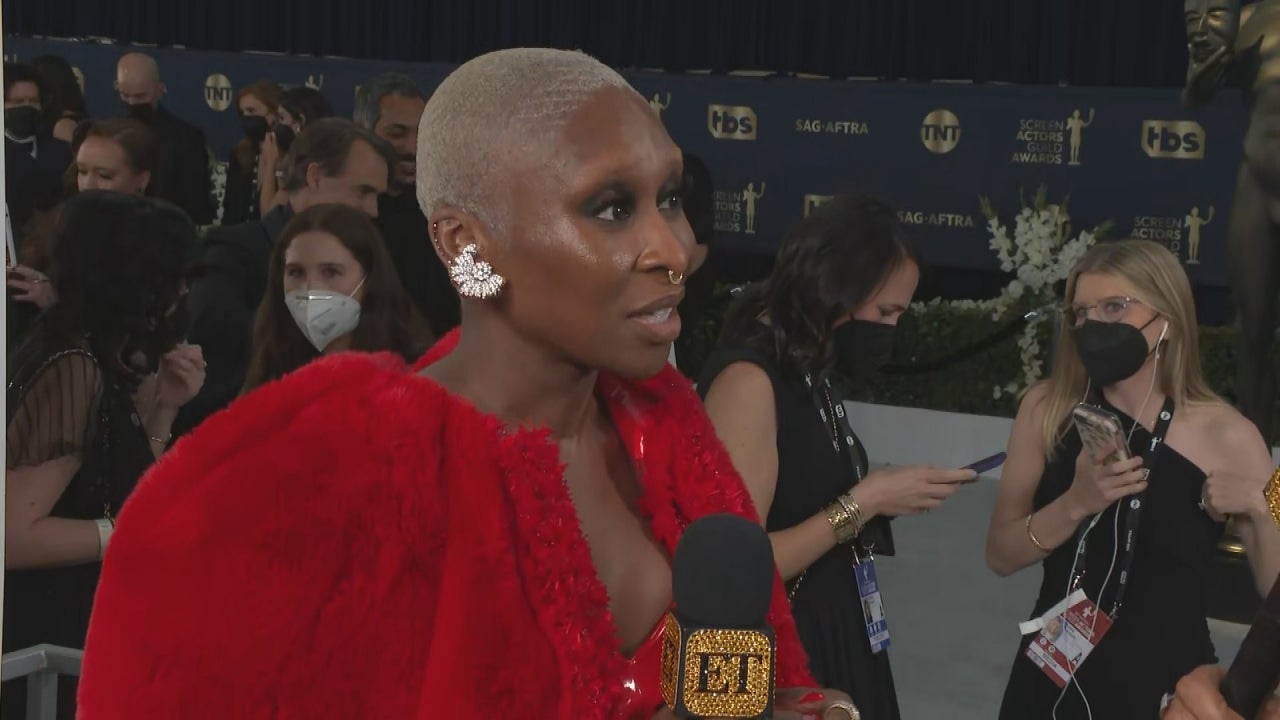
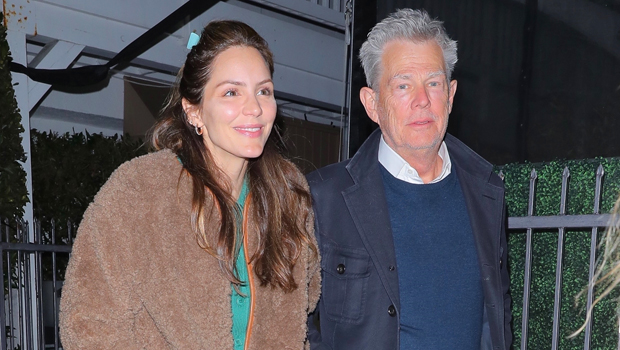
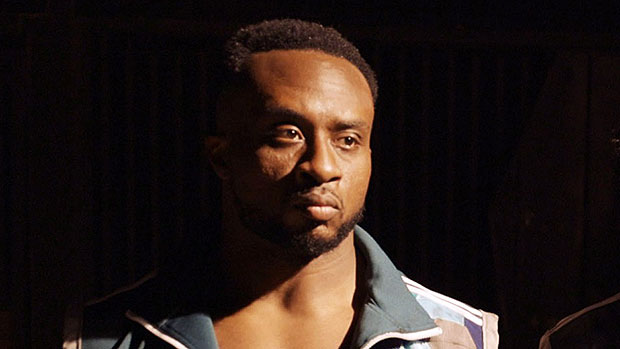
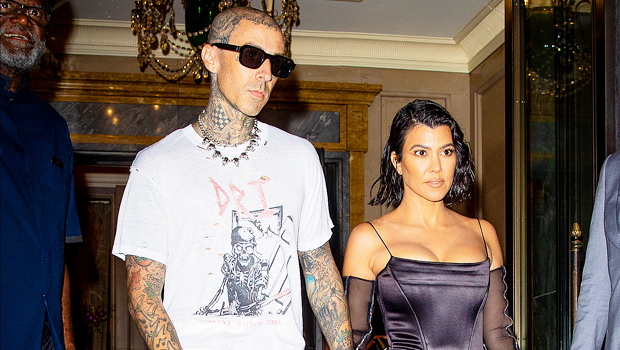
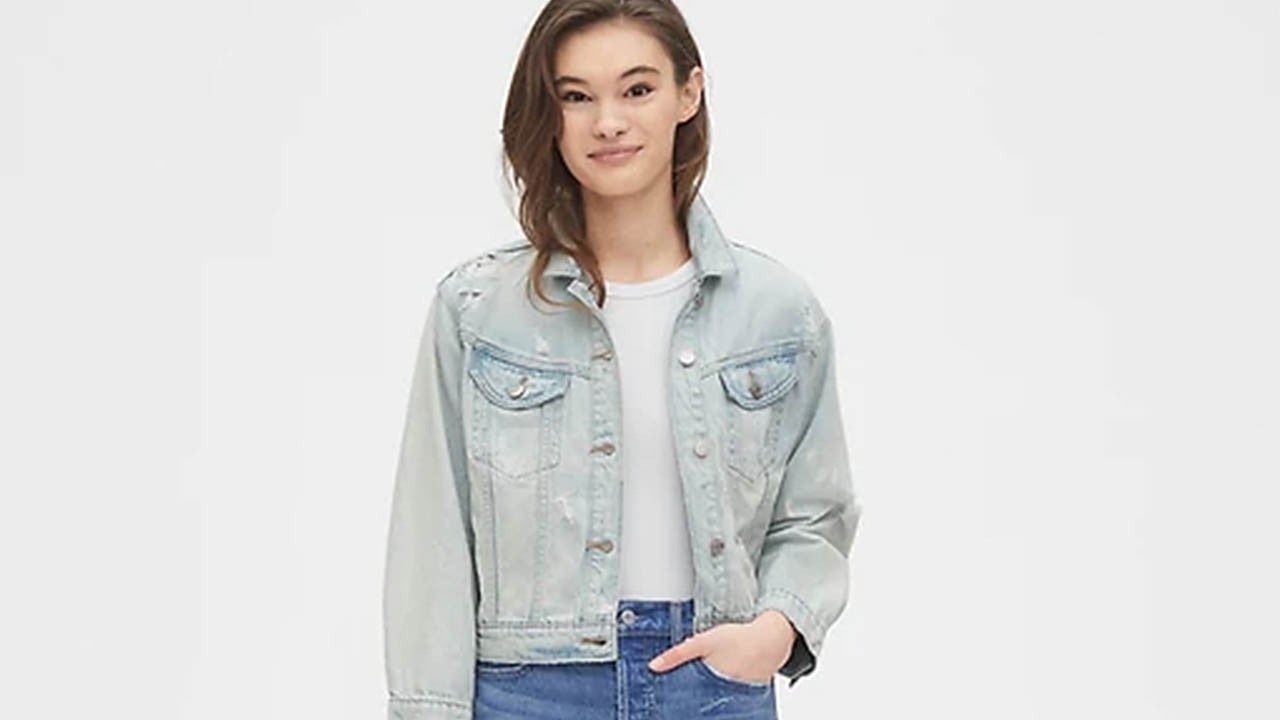
![‘The Bachelorette’: Katie Reluctantly Sends [SPOILER] Home After Concerns From The Other Men](https://hollywoodlife.com/wp-content/uploads/2021/07/Katie-Sends-Home-Concerns-From-Men-ABC-frt.jpg)










